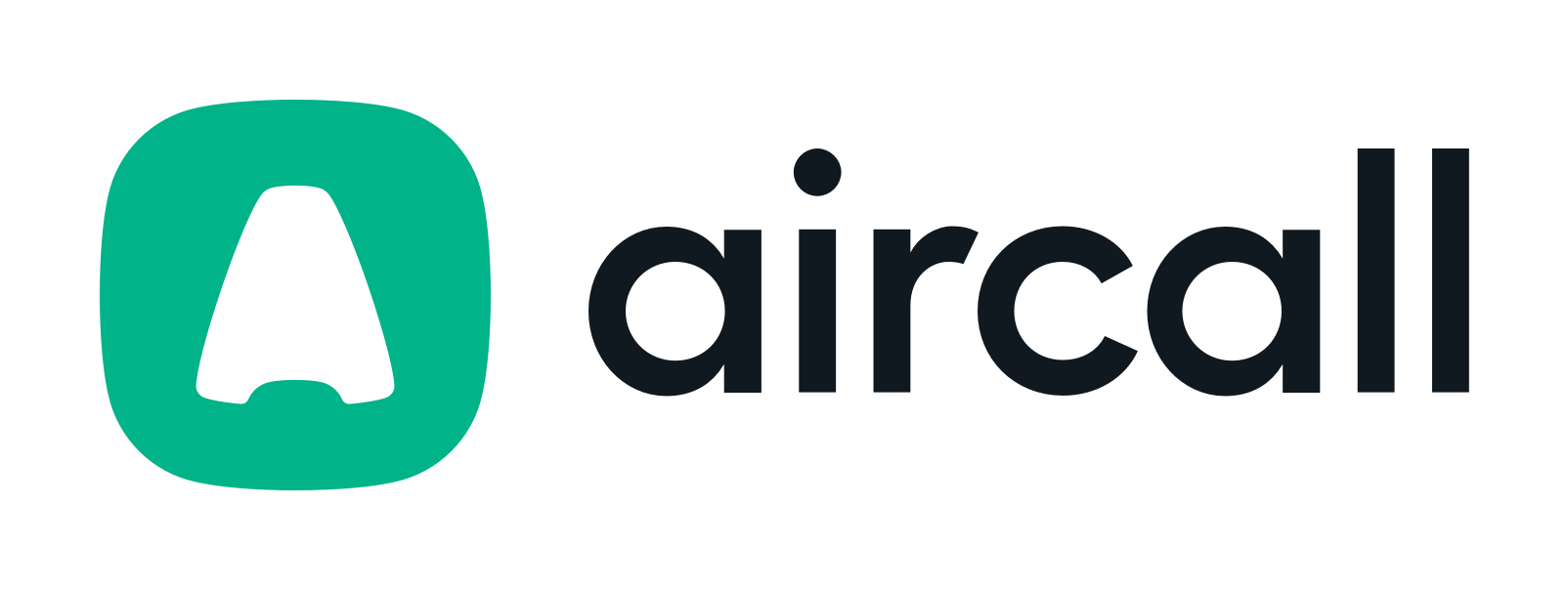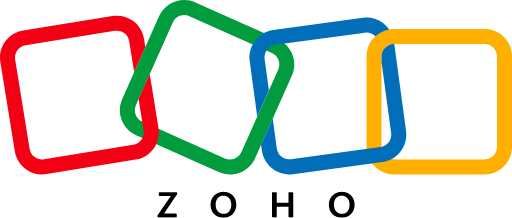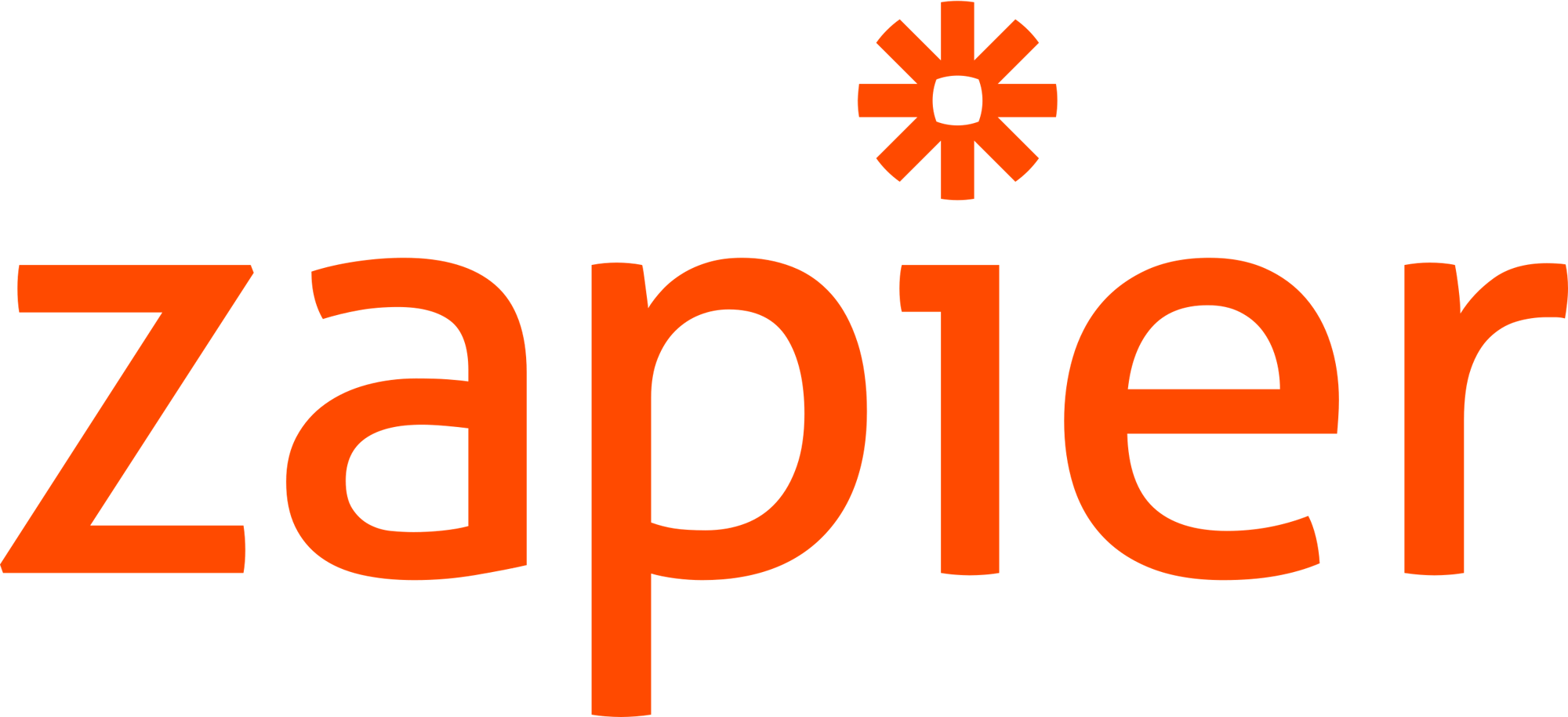![7 Ways to Get a List of Cell Phone Numbers [Tools]-festured-image](https://6052405.fs1.hubspotusercontent-na1.net/hubfs/6052405/2023%20-%20Blog/EN%20SEO%20blogs%20%28Product%20use%20case%20keywords%29%20%5B%2B%20FR%2c%20ES%20and%20DE%20variations%5D/List%20of%20cell%20phone%20numbers/EN_list-of-cell-phone-numbers-card.png)
Top 11 prospecting strategies
Sales reps have a lot to do daily. And one of the most important tasks on their to-do list is B2B prospecting. 💯
Let’s break this subject down.
B2B prospecting is about finding potential buyers (prospects). In outbound sales, you identify, reach out to, and (hopefully) convert these people into customers.
Sales teams use a variety of different outreach strategies, including:
- Cold calling.
- LinkedIn messages.
- Sending cold emails.
It’s all part of lead generation, so in-depth research is vital.
Here are some of the best methods. 👇
B2B prospecting methods
There are various methods your sales team can use for successful B2B prospecting.
As a rep, you’ve got to do some trial and error to find out what works for you.
On the flip side, you’ve also got to be able to see what your potential customers respond best to. So you can tailor your outreach and create a value-based buying experience.
Here are some common methods:
- Cold calling and emailing: This involves sales development representatives (SDRs) reaching out to prospects they’ve never spoken to. The approach warms up the ideal buyer and kicks off a dialog. During these interactions, it’s the rep’s job to build a relationship. And to qualify the prospect for any future engagement.
- Warm calling: This is when a prospect has expressed interest in your product or service. Unlike cold calling, where a rep approaches a potential client without any previous contact. Warm calling is a great way to move qualified leads through the sales funnel.
- Social selling: You can’t deny the power of social media. This method is when sales reps engage their prospects on social (usually LinkedIn for B2B). Social selling is a great way for salespeople to get to know the people they want to target better. And learn about their pain points.
- Personal branding: SDR personal branding is another great method. By posting on the social platforms that their customers use, reps can build credibility within their industry. It’s natural for prospects to be skeptical of salespeople, especially when cold calling.
- Sales cadences: A sales cadence is the combination of several channels put together in a series. SDRs will send various emails, messages on LinkedIn, and cold calls as part of a sequence. This increases the likelihood of a potential buyer responding and showing interest in learning more.
- Account mapping: This tactic involves creating a visual representation of the best path to a sale. It’s how reps organize and catalog various data points and who the decision-makers are at their target companies.
The top 11 prospecting strategies for 2025
Ready to take your B2B prospecting process to the next level? Use these 11 tips to start seeing success right now. 🤑
1. Know your ICP (inside-out)
Knowing your ideal customer profile (ICP) is crucial. An ICP is a detailed description of an organization you believe will benefit most from your solution.
It’s up to your reps to make the target prospect within your ICP aware of your existence.
To find targets that match your ICP, you’ve gotta:
- Spend time cold calling.
- Contact potential prospects via outbound email.
- Connect with prospects on social media.
A list of targets will serve as a guideline for sales reps on pinpointing leads. It will also help teams close more details and attract more leads in the future.
Not sure how to find targets that match your ICP? 🤔
Look at elements like:
- Company size: This plays an important role in their budget and revenue.
- Industry: If your product or service is only used by a particular industry or niche, your ICP must reflect this.
- Geography: Consider where your company can do business.
- Legality: Any legal requirements your company or the companies you work with must mee
2. Set prospecting goals
Setting goals is key for measuring success. A daily game plan will help you know which B2B prospecting methods to focus on.
You could look at:
- Hours per day spent prospecting.
- LinkedIn connection request approvals.
- How many meetings are being booked
- Hitting the target revenue number for that month.
- Reducing the churn rate.
- What are the new customer gains per specific geographic zone.
Morgan J Ingram, Creative Advisor at Cognism explains why you need to prospect daily in the clip below. 🎬
It’s important to make your goals SMART. They must be Specific, Measurable, Actionable, Realistic, and Time-Bound. If this isn’t the case, the goals won’t be as impactful, and hitting them won’t mean as much.
3. Pre-qualifying leads
An ICP is just a guideline, and some people still won’t be interested. Even if your solution is perfect for them.
You’ve still got to qualify out unsuitable prospects.
Pre-qualifying questions like the ones below can help:
- Is what I’m selling relevant to their industry?
- Do they seem interested in purchasing what I’m selling?
- Do they use a similar product by our competitor?
- Is what I’m selling going to solve a pain point?
- Has a recession affected their company?
The more time a rep spends pre-qualifying a B2B prospect, the more sure AEs are that this individual is worth investing time in. The sooner a rep can answer these questions, the better (for everyone).
4. Take personalization to the next level
It’s called cold outreach, but it doesn’t mean your approach should be frosty. ❄️
No matter what tactic or strategy your sales reps use, always make it personal! Send specific, relevant, and personalized messaging to strengthen that emotional connection.
There’s no room for the “pray and spray” approach anymore. 👇
/Bad%20outreach%20InMail%20teardown%20graphic/EN_inmail-teardown-graphic.webp?width=600&height=514&name=EN_inmail-teardown-graphic.webp)
(Graphic of an example of bad LinkedIn outreach)
Instead, speak to prospective customers like you’re talking to a friend. Personalized pitches take longer to create and need research. Still, the results from it are well worth the time invested.
5. Multi-threading with stakeholders
You’ve got to try to build relationships with as many stakeholders as possible.
Don’t put all your eggs in one basket. 🐣
It’s always smart to reach out to more than one decision-maker at a time. This way, you can multi-thread your way into a specific company. This is especially important when selling in a recession or financial hardship.
In tougher climates, the involvement of more stakeholders is inevitable. So sales reps should just embrace it! The more stakeholders you involve, the better the chances of moving the deal through the pipeline.
/EN_account-mapping-example-infographic.webp?width=700&height=840&name=EN_account-mapping-example-infographic.webp) (Graphic image to show account mapping example for the best path to the sale)
(Graphic image to show account mapping example for the best path to the sale)
6. Handle objections like a pro
In a perfect world, reps would always get an answer after the first email or phone call.
Sadly, this isn’t a reality. Objections are reasons the prospect gives for not wanting to continue the conversation.
It could be they genuinely think they’ve already got a great solution, or maybe they’re just trying to fob you off…
But as a rep, you’ve got to learn how to handle these objections like a pro. It’s possible to turn these around and still close the deal with the right response.
- They’re not interested: Ask about the prospect's priorities. Explain how your product or service can help them overcome challenges they may be facing.
- They don’t have the budget: Respond with the potential financial benefits of using your service. Share real customer stories of how other companies have saved money using your product.
- They haven’t responded: Follow up with more personalized information and use different outreach channels.
- They work with a competitor: Ask how satisfied they are using the competitor’s product (rate it out of ten). Pinpoint areas where your product offers a feature or functionality unavailable to the competitor.
Remember, there’s a fine line between being professional and too pushy. You don’t want to alienate the prospect, just open their eyes to what’s available.
7. Start your personal brand
You’ve thought about it. Now it’s time to act.
A personal brand on social media helps build credibility.
Before building out your content, make sure you:
- Use a profile picture and banner image.
- Optimize your bio with keywords, for example: helping SaaS leaders hire SDRs.
- Create a headline that’s benefit-led.
- Build out your ‘about’ section.
- Switch creator mode on.
Next, you can look at which posts you write first. See the list below for some inspiration!
- The introductory ‘this is me’ LinkedIn post.
- The ‘this is my first post’ post.
- The ‘ask a question’ post.
- The ‘I tried X and here is what I learned’ post.
- The ‘unpopular opinion’ post.
8. Use a prospecting tool
Sales tools can help with a lot of the heavy lifting.
An all-in-one B2B prospecting tool like Kaspr gives you instant access to contact info which is accurate. You’ll also be able to auto-enrich leads and build outreach workflows.
/LinkedIn%20Chrome%20Extension/EN%20LinkedIn%20Chrome%20Extension/EN_linkedin-chrome-extension-click-the-widget.webp?width=900&height=608&name=EN_linkedin-chrome-extension-click-the-widget.webp) (Graphic showing Kaspr web app working on LinkedIn to get contact info)
(Graphic showing Kaspr web app working on LinkedIn to get contact info)
Sign up for Kaspr here (it’s free! - no card required)
Many prospecting tools offer an email and phone number finder, making it easier to contact the right people.
Having a feature like this makes B2B prospecting faster and hassle-free.
9. Pick up the phone (even more)
There’s always a lot of debate on LinkedIn about whether ‘cold calling is dead’. We’ll give you a clue; it’s not. 💯
Phone calls are the only channel through which SDRs get immediate feedback. And we know that teams focusing on the phone are getting the best results. Cognism has said that 65% of the rep sourced sales pipeline is done over the phone.
Unfortunately, the phone is often overlooked. Sales professionals shy away from calling due to a lack of confidence in favor of email outreach and direct messages.
Other channels can be important, but the phone is the only one you’ll get an answer on. It might be an objection, a hard ‘no’ or ‘not right now’, but you’ll know the next steps.
💡 Tip: First calls often get the highest connection rate, so here are some cold calling openers to get off on the right foot!
10. Try bottom-up selling
Besides your target buyer persona, many people get involved in the sales process. We’ve spoken about multi-threading, but have you ever considered talking to your users first? Well, that’s exactly what bottom-up selling is.
In bottom-up selling, you talk to users before you contact the decision-maker. If you use this B2B prospecting technique, you’ll be well-prepared to converse with the people who make the final decisions.
Rachel Goldstone, Director of Sales Development at Cognism, explains the steps to do bottom-up selling below:
Identify potential key stakeholders
Your first step for any new account like this is to identify the key stakeholders. These are the people you need to speak to for the best path to making a sale.
Rachel says, “We identify eight relevant people. This gives our SDRs a good balance of committing enough time to the account without going overboard.”
Dig for info on the ground-level
Identify the people within the account who will use your product daily. This helps make your outreach stand out as value-based when you speak with a decision-maker. For example, you can find common ground between users you’ve spoken with.
Sprinkle in personality to your outreach
Rachel’s top tip is to start on the phone. You’ve used a data provider (like Kaspr) to get their number. Now, ask for 30 seconds of their time and deliver your pitch. Make sure it centers around the problems you found they face while digging.
Your call aims to deliver a relevant pitch, explore initial interest, and set up a more in-depth session at a convenient time.
11. Use direct mail for important prospects
If you want to spice up your prospecting activities, try dabbling in snail mail. 🐌
Direct mail is a technique better reserved for your top prospects (because it can get expensive). But, by sending a gift, you can make your outreach efforts super personalized.
Chris Russell, Senior SDR at Allego, wasn’t getting through to a prospect on the phone. So, Chris got creative and sent the prospect a box of gummy bears with his face on it. Chris has seen from a previous post that the prospect had done on their profile that they liked the Haribo sweets.
This direct mail move got the right attention, as Chris was able to book a meeting based on it!
Most commonly asked questions about B2B prospecting
B2B prospects are people within organizations that fit your ideal customer profile (ICP). They might have already expressed interest (inbound leads) or have yet to hear about your business (outbound leads).
There are plenty of different ways to find B2B prospects to sell to.
Prospecting tools like Kaspr and Cognism are very popular for research and contact data.
LinkedIn is another good place to start to find B2B prospects. You can use social media platforms like LinkedIn to expand your network, ask for referrals, and show your expertize by posting content.
There are plenty of different ways to build prospect lists. Before you start, you must define your buyer personas and know your product.
Salespeople can use tools to help automate getting contact details when creating the list. Kaspr and other tools on the market make this easy by enriching the data for your LinkedIn and LinkedIn Sales Navigator lists.
You’ll also need to invest in a good CRM to keep track of the qualified leads.
There are two types of prospecting in B2B: inbound and outbound.
Outbound prospecting involves searching for potential leads who have not heard of your business. The sales reps then contact them to build a relationship.
Inbound prospecting is where the leads come to you. Usually, inbound leads get generated through form submissions and passed to a rep. Inbound prospects already know your business and are likely actively looking for a solution.
Make B2B prospecting easier
B2B prospecting doesn’t have to be a grueling task, especially with these 11 strategies.
And when prospectors have a tool like Kaspr, the sky’s the limit! You can also sign up for free. 👀
Join the 100K+ active Kaspr users:
✅ GDPR and CCPA aligned.
✅ 500M+ email addresses and phone numbers.
✅ All-in-one prospecting tool.
✅ Fully self-service.
✅ Customizable plans.
Accurate European contact data
Get accurate data for your prospects and connect with your favorite sales tool









